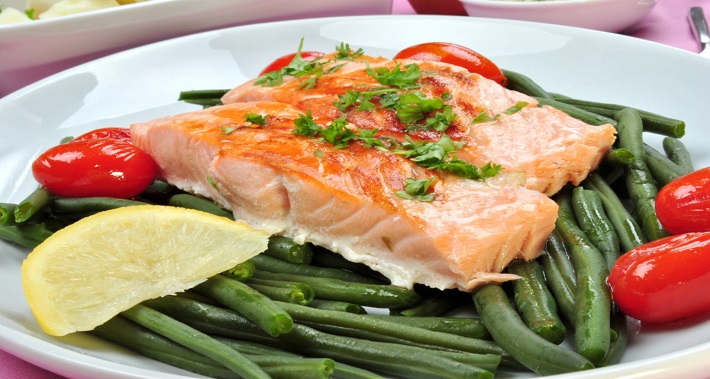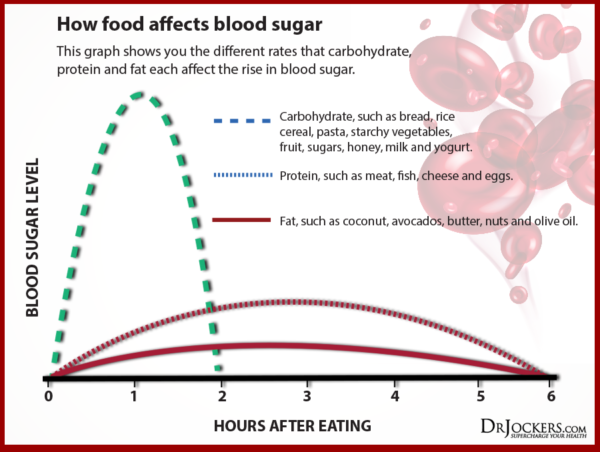What we eat affects how we feel. This simple truth is understood but often ignored. More studies are coming to light looking at the link between diet and depression. The growing consensus is that diet and depression are tied together. Diet effects depression and vice versa. You have the power to change. Food can help get you there.
5 Diet Tips to transform depression
- B Vitamins, especially B12 and B6
- Folic Acid
- Omega 3 fatty acids
- More protein, less sugar
- Self-Compassion
B Vitamins
B Vitamins play a crucial role in the production of neurotransmitters. Dopamine and serotonin are the primary neurotransmitters involved in depression, and their formation depends on vitamin B6. Low levels of B12 have been correlated with depression and resistance to antidepressants. Sources of B Vitamins: Seafood, chicken, dark leafy vegetables, eggs, and whole grains. Vitamin B12 is only found in animal products.
Folate
Folate has been singled out in the research as a critical nutrient linked with depression. Low folate status in both men and women has been associated with depressive symptoms. Sources of Folate: leafy greens, broccoli, and citrus fruit
Omega 3 fatty acids
Omega 3 fatty acids have been shown to help not just with depression, but other mood disorders as well. Of the two primary fatty acids, EPA (eicosapentaenoic acid) is the one linked to improving depression. Sources of Omega 3 fatty acids: Fish with more emphasis on Mackerel, Herring, Salmon and Lake Trout.
Protein VS Sugar
The sugar high and crash is a cycle we want to avoid when dealing with depression. When we eat simple carbohydrates like bread or sugar, we flood our system with energy/high blood sugar. Our body responds by quickly increasing insulin and sending all that sugar into our cells. That is the high and low crash. On the other hand, when we eat protein, our body takes longer to digest and get at the energy. This delay means that blood sugar levels go up gradually and stay elevated longer. See the graph below. Adequate amounts of protein in your diet help prevent the vast swings in blood sugar and mood. Aim to have protein with every meal and to limit simple sugars. Sources of Protein: Seafood, chicken, pork, tofu, legumes, and nuts.
Concluding with Compassion
Following the first four diet tips will build you up so that you can overcome depression. I know it’s not easy. Changing the way we eat can be challenging even if we don’t have depression. These four diet tips need to be partnered with self-compassion. Make small manageable goals like eating fish twice a week. If you fall off the wagon and eat a ton of sugar, be gentle with yourself and take a few steps towards getting back on track. Use this information as a tool. What you eat is in your control. You have the power to change.
Reference:
Omega 3 fatty acid –https://brainnutrient.securearea.eu/Files/2/42000/42087/PageHomeDownloadDocs/8867_nl.pdf
B vitamins and folate – http://journals.sagepub.com/doi/abs/10.1177/0269881105048899
If you have questions about naturopathic medicine, or would like to start with your first consultation, contact me, and let’s book an appointment.
Dr. Sheila Dyer, ND1080 Dovercourt Rd,
Toronto, ON M6H 2X8
(416) 554-5135
► https://g.page/DrSheilaDyerNd
Dr. Sheila Dyer is a Naturopathic Doctor and a practicing registered nurse offering holistic healthcare with a scientific focus

